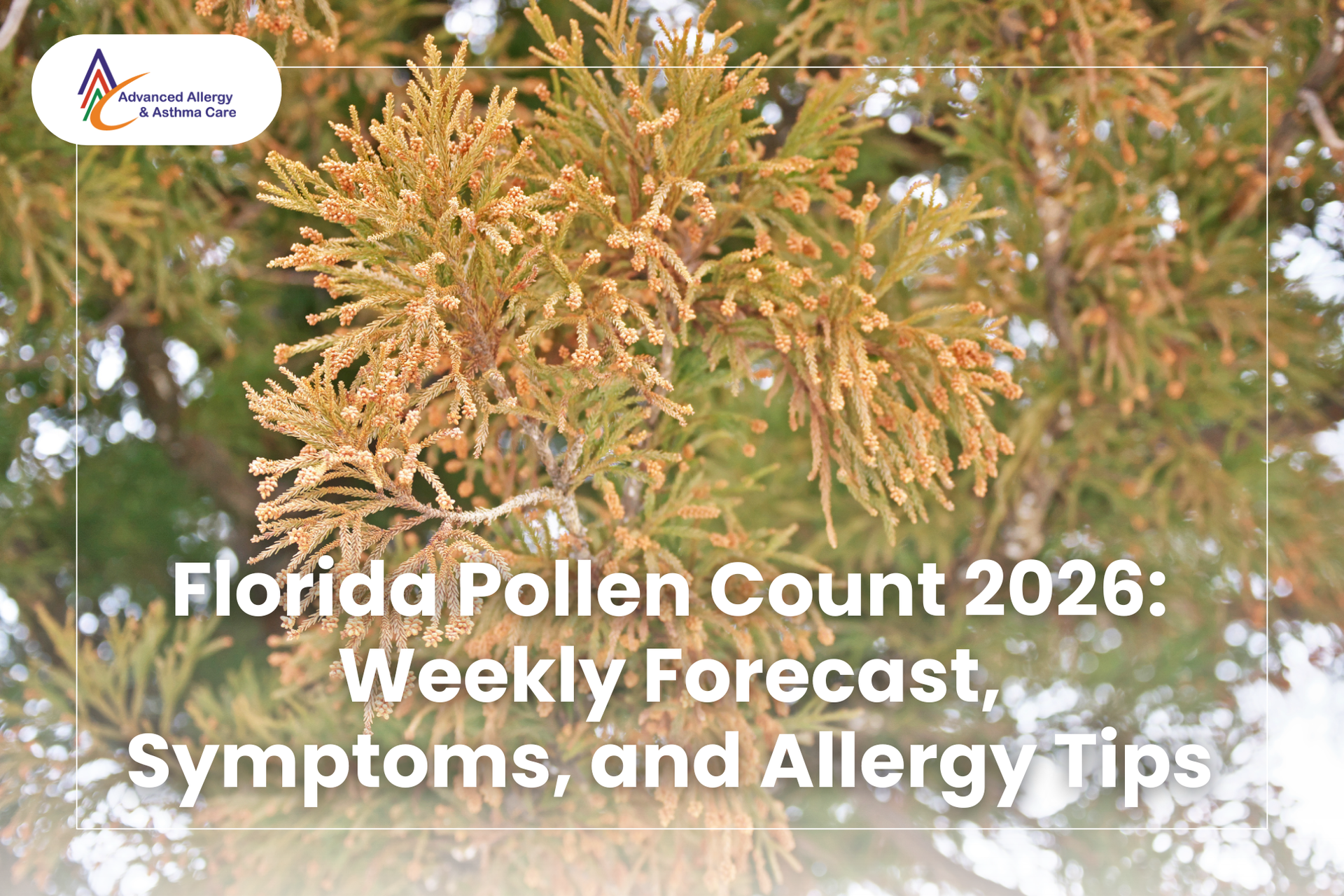Asthma and hypertension are two prevalent chronic conditions affecting
millions of people worldwide. While seemingly unrelated, recent research has unveiled a surprising connection between these two health issues.
Let's get to know these commonly misunderstood conditions to better understand how they affect each other.
What is Asthma?
Asthma is a lifelong respiratory disorder that causes airway swelling, leading to wheezing, coughing, chest tightness, and shortness of breath. It affects people of all ages. The common triggers are allergens, respiratory infections, and exercise.
Asthma Symptoms
Asthma symptoms can vary in severity, duration, and frequency. Some people may experience mild symptoms only during exercise or exposure to
specific triggers. In contrast, others may have more persistent and severe symptoms that affect their daily activities and quality of life. Recognizing and managing asthma symptoms early is the key to preventing complications.
The common symptoms of asthma are:
- Wheezing
- Coughing (especially at night or early morning)
- Chest tightness
- Shortness of breath
Risk Factors for Asthma
Asthma's exact cause is still unknown. However, various risk factors increase the likelihood of developing the condition. Some of the most common risk factors of asthma include:
- Family history of asthma
- Exposure to environmental allergens
- Respiratory infections during childhood
- Smoking or exposure to secondhand smoke
It's important to note that not everyone with these risk factors will develop asthma. Some individuals may develop asthma without any known risk factors.
What is Hypertension?
Hypertension, commonly known as high blood pressure, is a condition in which the force of blood against the artery walls consistently elevates. If left uncontrolled, this condition often leads to more adverse health conditions like heart disease,
stroke, and kidney failure.
Hypertension Symptoms
Hypertension is a "silent killer" because it usually doesn't present noticeable symptoms.
However, in severe cases, individuals may experience:
- Headaches
- Shortness of breath
- Nosebleeds
- Dizziness
Risk Factors for Hypertension
A family history of high blood pressure, a sedentary lifestyle, excessive salt consumption, and being overweight are all significant risk factors for developing hypertension. Smoking, excessive alcohol consumption, stress, and certain medical conditions such as diabetes, kidney disease, and sleep apnea can also increase hypertension risk.
Keep in mind that having one or more of these risk factors increases the chances of developing hypertension. The best way to manage these risk factors and improve cardiovascular health is to undergo regular blood pressure checks and adopt lifestyle changes such as having a balanced diet and exercising regularly.
Can Asthma Cause High Blood Pressure?
Recent
studies unveiled a significant association between asthma and high blood pressure. People with asthma have a higher risk of developing hypertension than those without the condition. The exact mechanisms behind this link are still under investigation, but several theories suggest that chronic inflammation and certain shared genetic factors may play a role.
Managing Asthma and Blood Pressure Together
Given the newfound connection between asthma and hypertension, individuals with asthma must be vigilant about their blood pressure. Routine check-ups with a healthcare provider are essential for monitoring blood pressure levels and ensuring early intervention if hypertension develops.
Lifestyle Changes for Better Health
Individuals with asthma and hypertension can incorporate various lifestyle changes into their daily routine to improve their health. Engaging in regular exercise, following a balanced diet, and actively managing stress can significantly alleviate both conditions.
Additionally, reducing salt intake is crucial for those with asthma and hypertension. With these lifestyle adjustments, affected individuals can lead healthier and more fulfilling lives while managing both conditions effectively.
Exercise and Physical Activity
Engaging in regular exercise not only helps manage asthma but also contributes to overall cardiovascular health. Recommended light exercises include walking, yoga, swimming, biking, and Pilates. It's important to gradually increase the intensity and duration of your workouts while paying close attention to any symptoms that may arise. Be sure to consult with your doctor before starting any new exercise routine.
Balanced Diet
Eating fruits, whole grains, vegetables, and lean proteins in your daily meals can support respiratory and cardiovascular health. Additionally, reducing salt intake is a must for individuals with asthma and hypertension.
Stress Management
Relaxation methods, such as yoga, Pilates, deep breathing exercises, meditation, and mindfulness, can help alleviate asthma and hypertension symptoms.
If you have asthma or hypertension, comprehending the link between these two conditions gives you greater control over your overall health. Never take these medical conditions lightly. If you think you are at risk of developing either asthma or high blood pressure, talk to your healthcare provider.
FAQs
Can asthma medications affect blood pressure?
Some asthma medications, particularly oral corticosteroids, may lead to an increase in blood pressure. Discuss possible adverse effects with your doctor for safety.
Can controlling asthma improve blood pressure levels?
Effectively managing asthma through medication adherence and lifestyle changes can positively impact blood pressure levels.
Are there specific diets recommended for individuals with asthma and hypertension?
A diet consisting of omega-3 fatty acids, antioxidants, and low sodium is recommended for individuals with asthma and hypertension.
How often should blood pressure be monitored for individuals with asthma?
Regular blood pressure checks, at least once every 3–6 months, are recommended for individuals with asthma.
Can stress trigger asthma attacks and worsen hypertension?
Yes, stress can exacerbate both asthma and hypertension. Employing stress management techniques goes a long way in managing these conditions.
Do steroids cause high blood pressure?
Yes, using steroids can cause high blood pressure. Steroids can cause the body to retain sodium and water, increasing blood pressure. Additionally, steroids can cause heart structure changes, contributing to high blood pressure. Discuss any concerns about the use of steroids with a healthcare provider.
How is shortness of breath and high blood pressure connected?
Hypertension damages the arteries and blood vessels in the lungs, causing pulmonary hypertension. This condition may lead to trouble breathing and other symptoms such as fatigue, dizziness, and swelling in the legs and ankles. Additionally, hypertension can cause heart failure, the symptoms of which include shortness of breath.
Keep Asthma and Hypertension Under Control and Lead a Healthier Life!
If you're looking online for "asthma blood pressure,” “can allergies raise blood pressure,” and “best hypertension medication for asthmatics," don’t look any further. We’ve got you covered!
Advanced Allergy and Asthma Care is your best option. With experienced
healthcare professionals and a patient-centered approach, we provide top-quality care to help you manage asthma and hypertension, improving your overall health.
Reach us at (727) 544-8100 or (813) 476-3394.
Book an appointment that works for you here.









